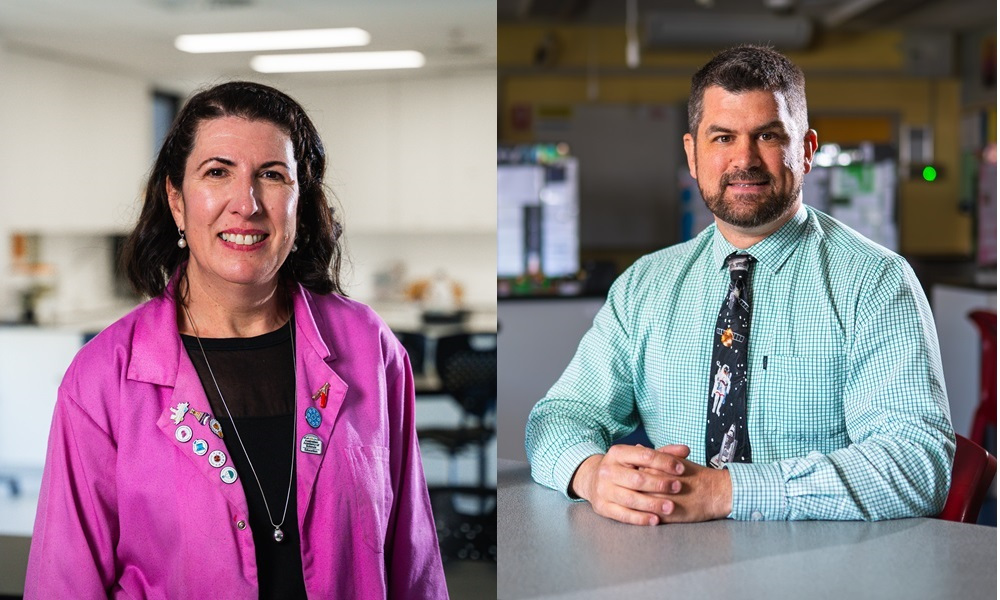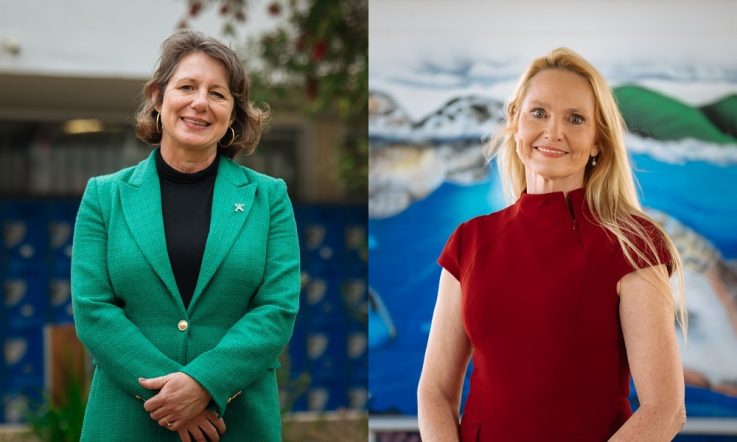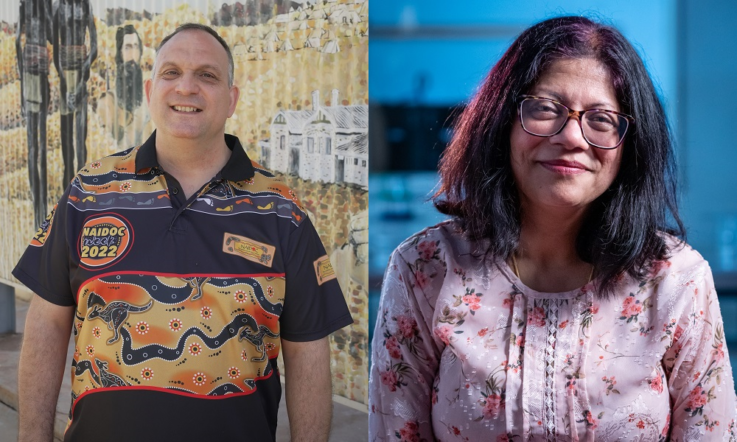The winners of the 2025 Prime Minister’s Prizes for Excellence in Science Teaching have just been announced. The 2 prizes – one for a primary school educator and one for a secondary school educator – recognise achievements in STEM teaching.
At a presentation event on Monday evening, Matt Dodds from New South Wales and Paula Taylor from the ACT were named recipients of the teaching prizes. Each individual goes home with $250,000 in prize money to use at their own discretion. Find out more about the work they’ve been recognised for below.
Matt Dodds, Glen Innes High School, NSW
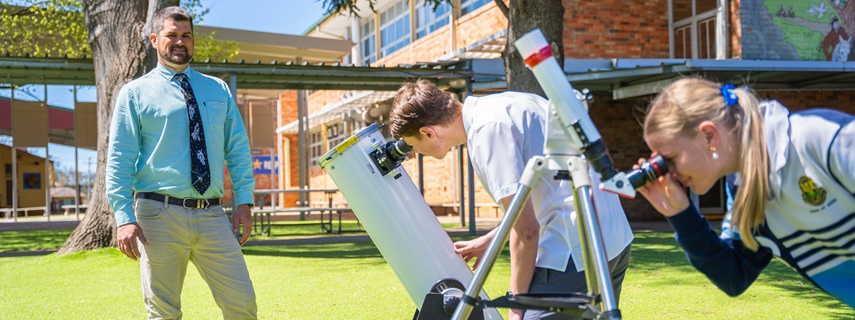
Matt Dodds is a physics and biology teacher at Glen Innes High School in regional NSW. He’s been recognised for his innovative teaching methods that have increased the number of female students studying Physics at the school from a 10-year average of 1.1 students to 9 students in 2025.
Dodds has also been recognised for increasing the number of students pursuing tertiary education in STEM. ‘I tell students that studying science – and particularly physics – teaches you how to think critically and can open many career pathways, including engineering, dentistry, medicine, rocketry and even economics,’ he says.
His approach to teaching involves using real-life examples teach abstract concepts in practical and immersive ways. For example, he has developed a lesson for students to use data from NASA’s Kepler Telescope to calculate the mass of stars. He has also created lesson plans using Hot Wheels cars to demonstrate principles of projectile motion. Both of these lessons have been adopted by other teachers across Australia and around the world.
He also created an annual 2-day astronomy and astrophysics study program, which is now in its 7th year and is attended by over 280 students.
Alongside these achievements, Dodds has also been recognised for mentoring educators and students through online platforms and providing hands-on science education to student groups at local schools.
‘I always want to learn more science and share that with my students. It's important for teachers to embrace the “lifelong learner” mentality, embrace new technology and learn new discoveries in science. Students are inspired when they see their teacher also has a deep passion for the subject matter,’ he says.
Paula Taylor, STEM specialist teacher at the Academy of Future Skills, ACT Education Directorate
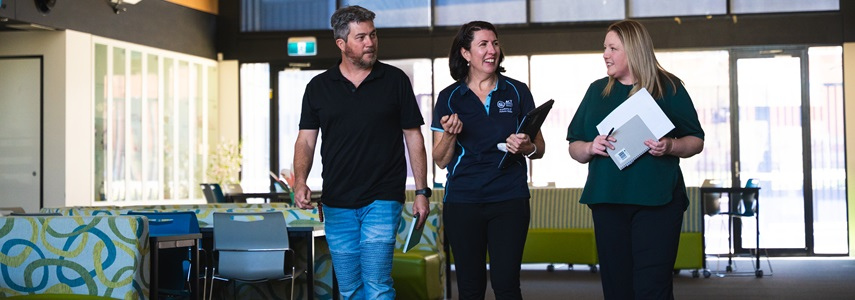
Co-located with Caroline Chilsholm School in Canberra is the ACT Education Directorate’s Academy of Future Skills. Here, Paula Taylor has worked to transform STEM education in primary schools for over 25 years – seeing her collaborate with more than 10,000 students and 480 classroom teachers.
In her role, Taylor teaches science and supports the professional growth of ACT government schools by co-teaching with classroom teachers and modelling lessons to increase student engagement and achievement. For example, at one primary school she coached a new teacher by designing a tailored STEM program that boosted the teacher’s confidence and skills while elevating STEM outcomes across the school.
The prize also recognises Taylor for bringing complex scientific concepts to life through engaging, real-life learning experiences. For example, her ‘Mission to Mars’ unit immerses year 6 students in a space-themed learning journey where they have the opportunity to program robots and drones. The unit then transitions from chemical to biological sciences, as students investigate survival in hostile environments.
She also advocates for equitable access to exceptional STEM education, securing industry support to ensure students from low socioeconomic backgrounds have opportunities to engage with real-world science.
‘As a science teacher, I get to inspire students to think about their future as a scientist. And I do that by telling the Australian story. What are we doing in our local communities? What are we doing across the nation that is relevant to them as they pursue STEM careers? We're punching well above our weight, and I want students to know that they are the future workforce for science in Australia,’ Taylor says.
The 2025 Prime Minister’s Prizes for Science have awarded 6 other prizes for excellence in various areas of science. You can read about the work they’ve been recognised for here.
Nominations are open now for the 2026 prizes, including for the 2 science teaching prizes. Nominations can be made by people knowledgeable about the nominee’s work. The nominees must teach science, technology, engineering or mathematics, but do not need to be a specialist in these subject areas. Nominations close on 18 December 2025. Find out more here.
